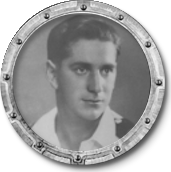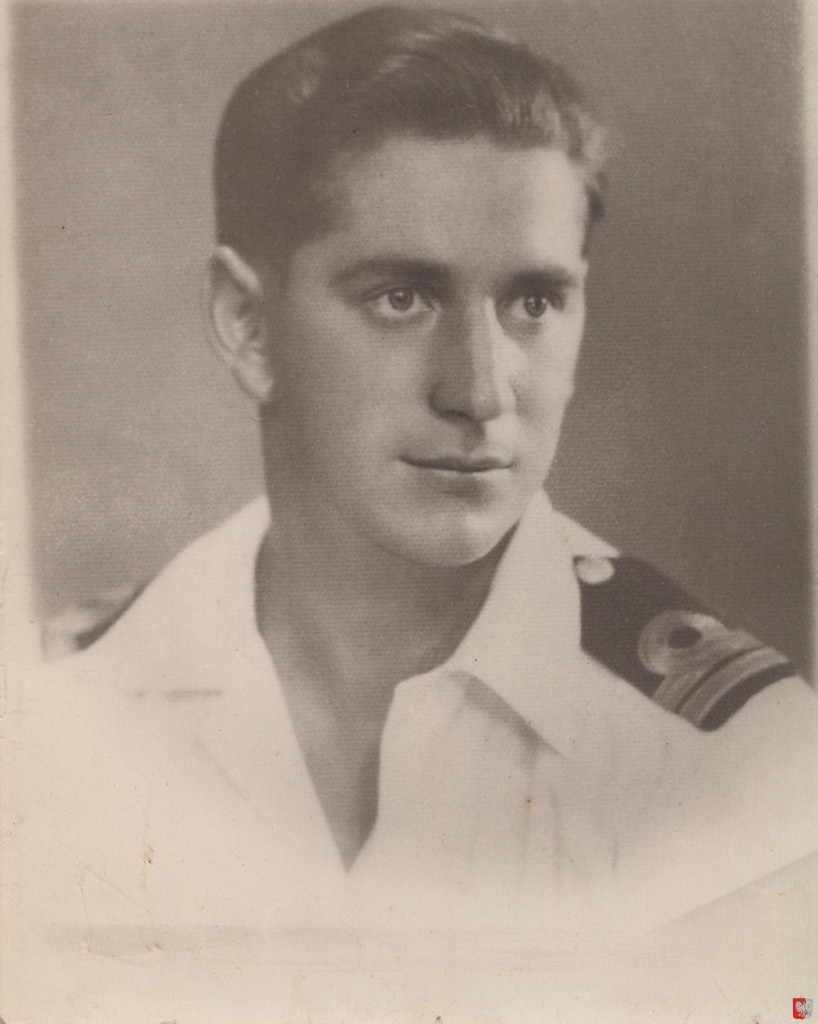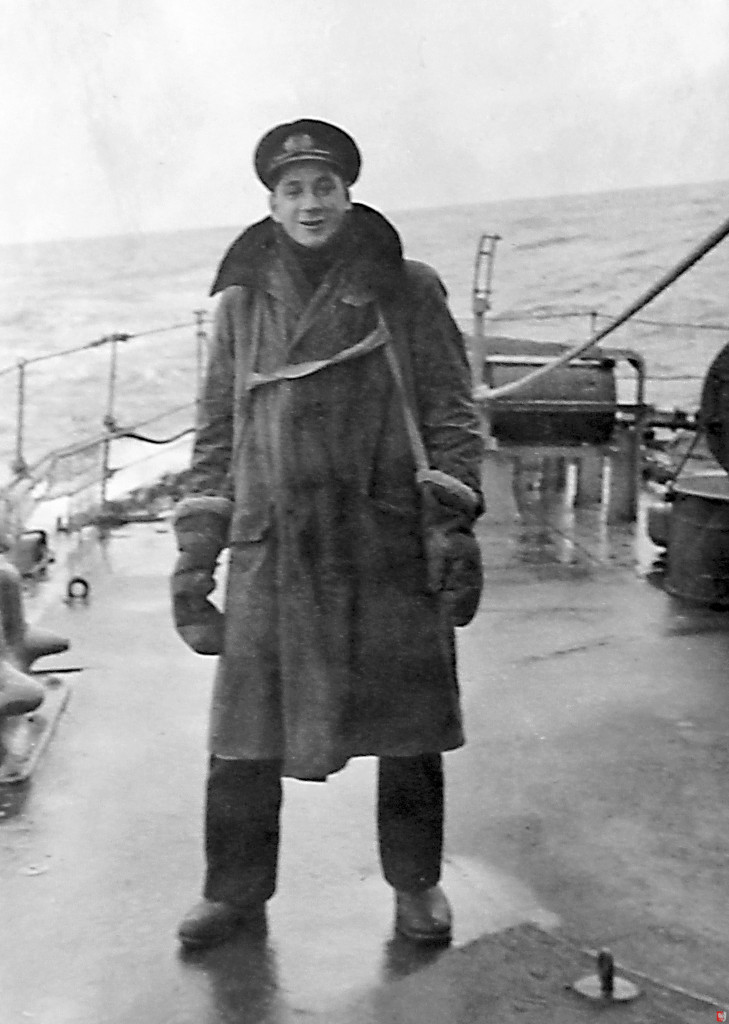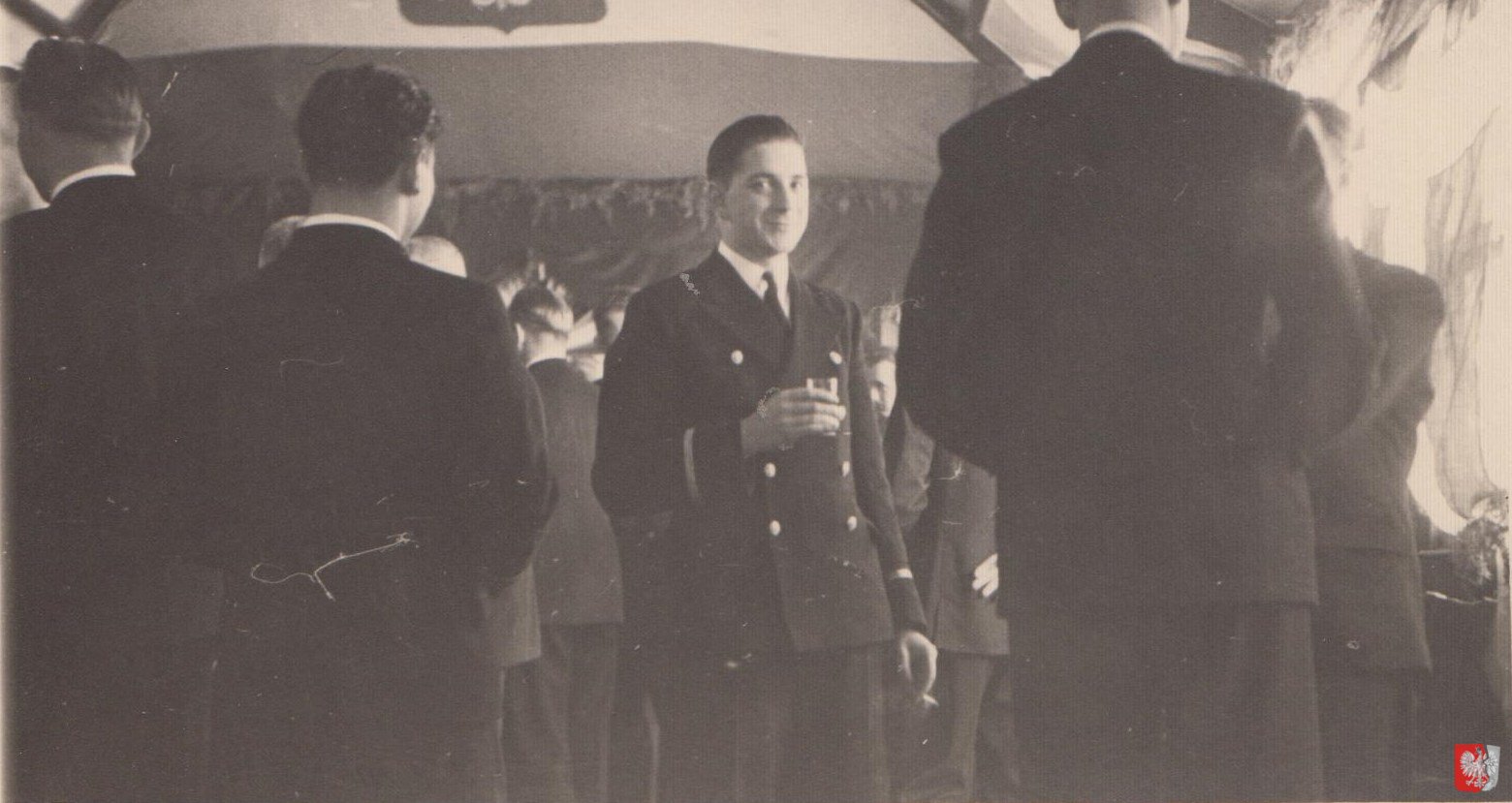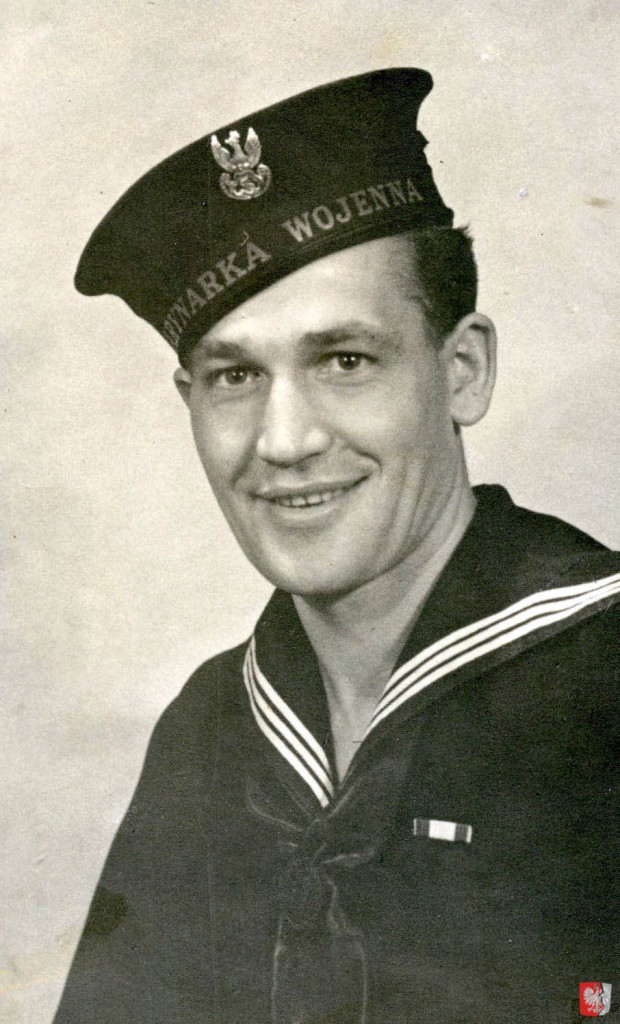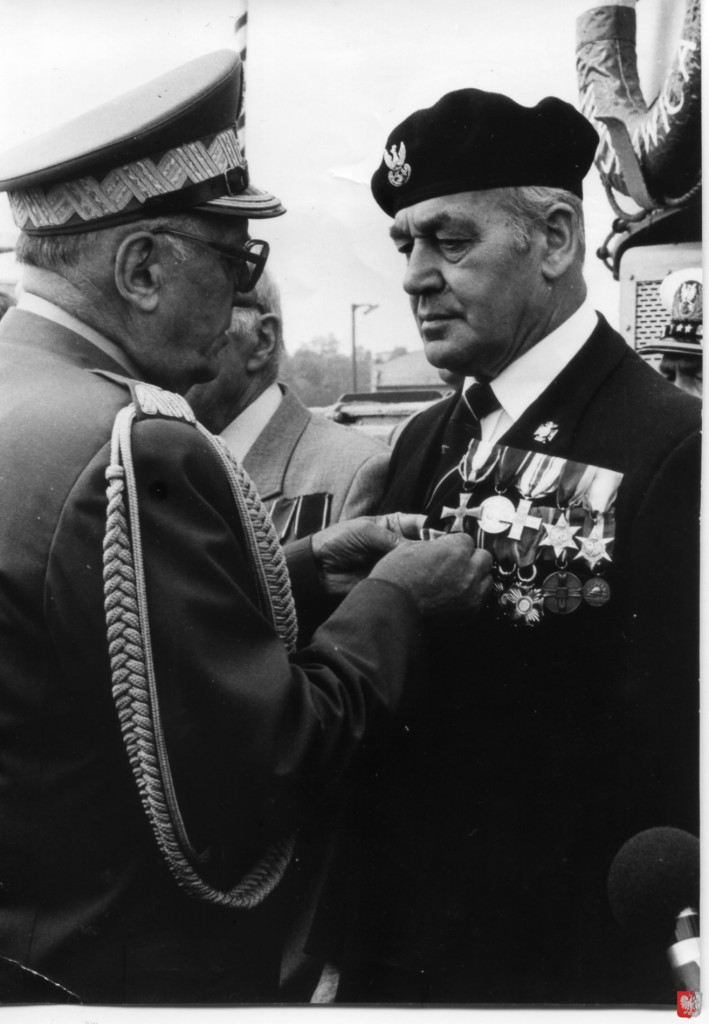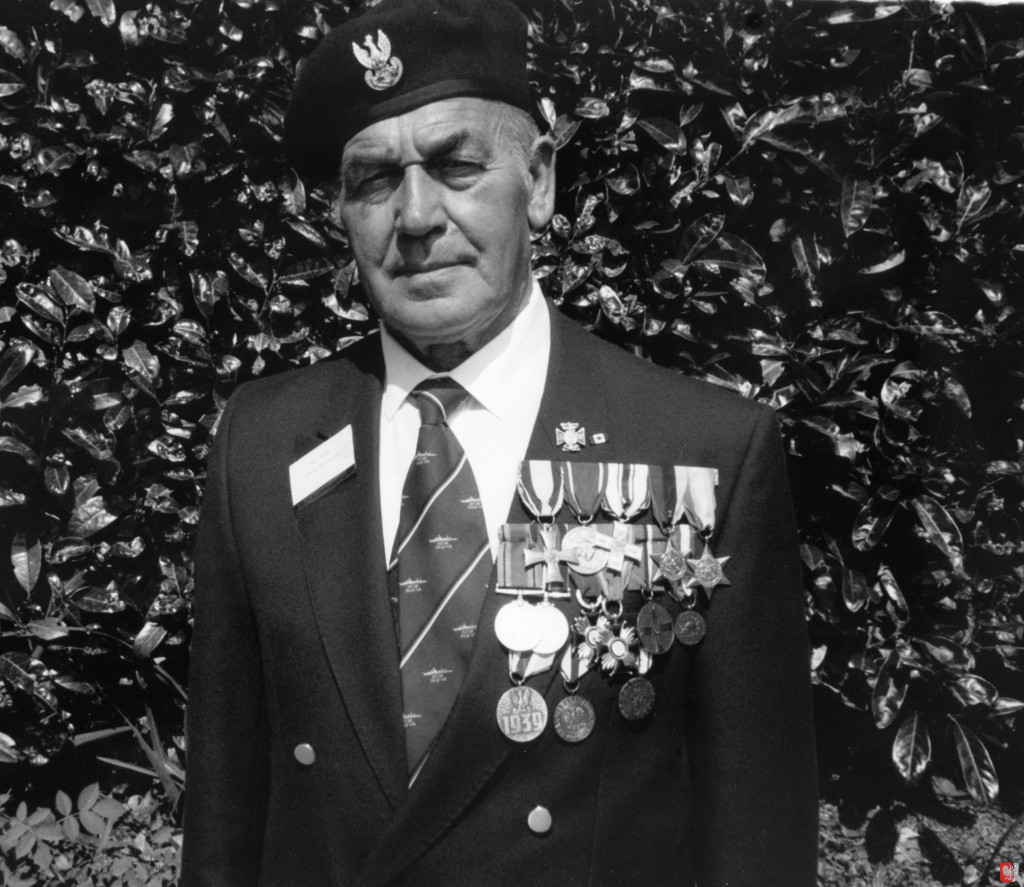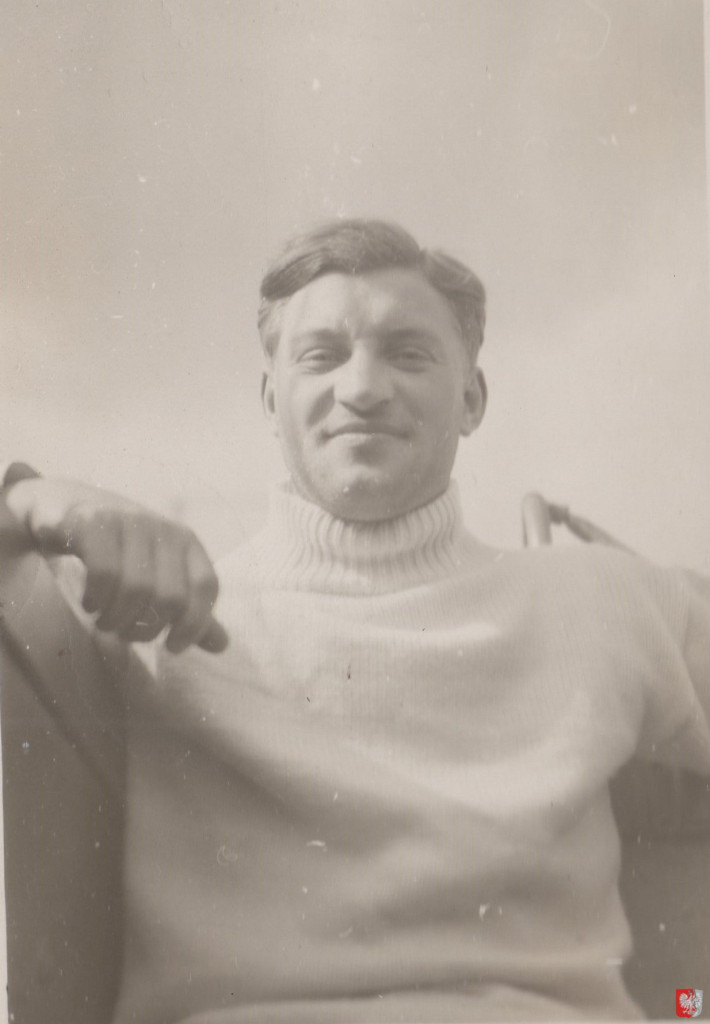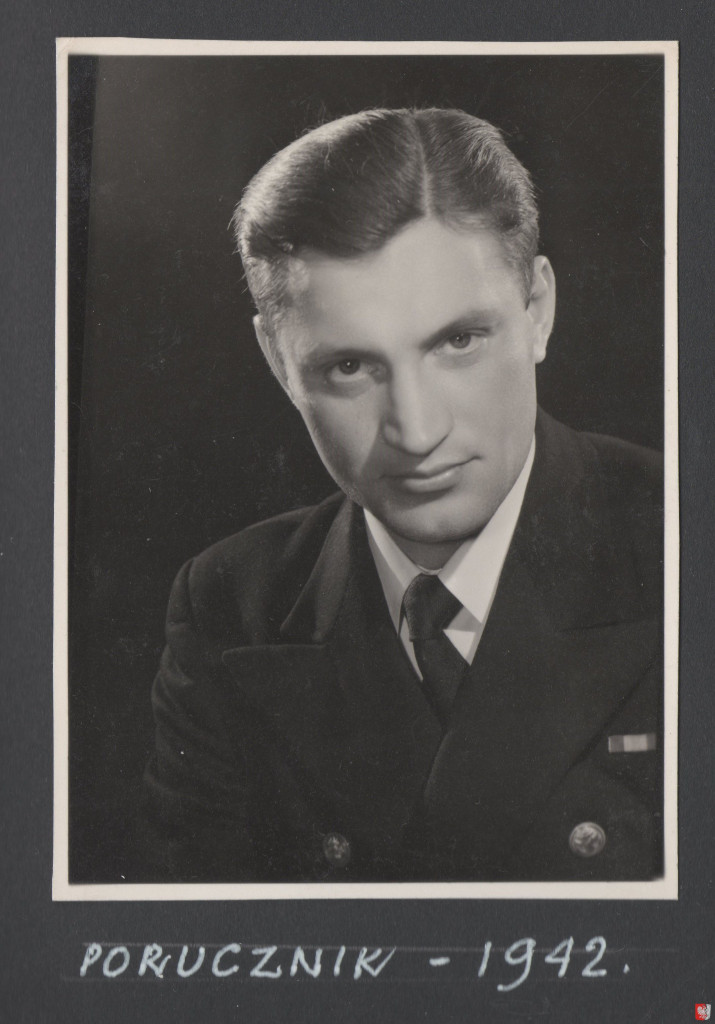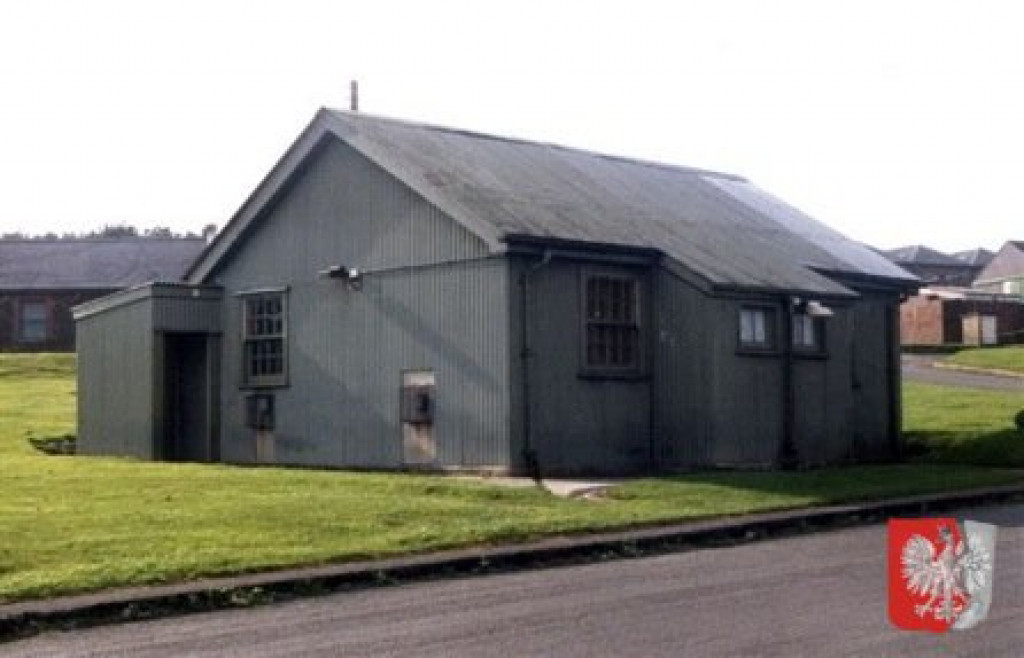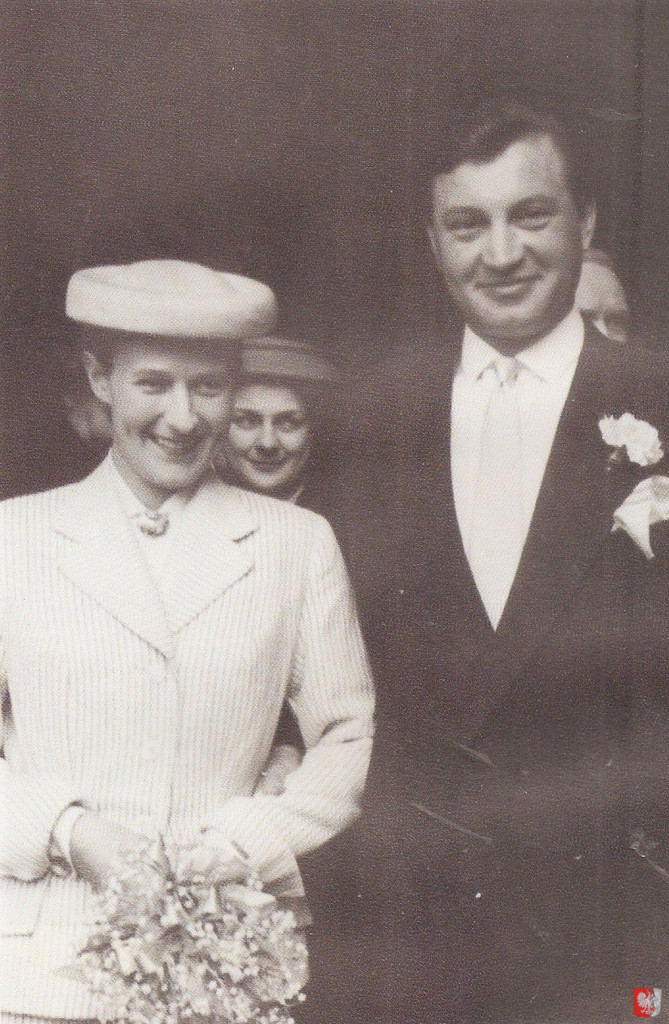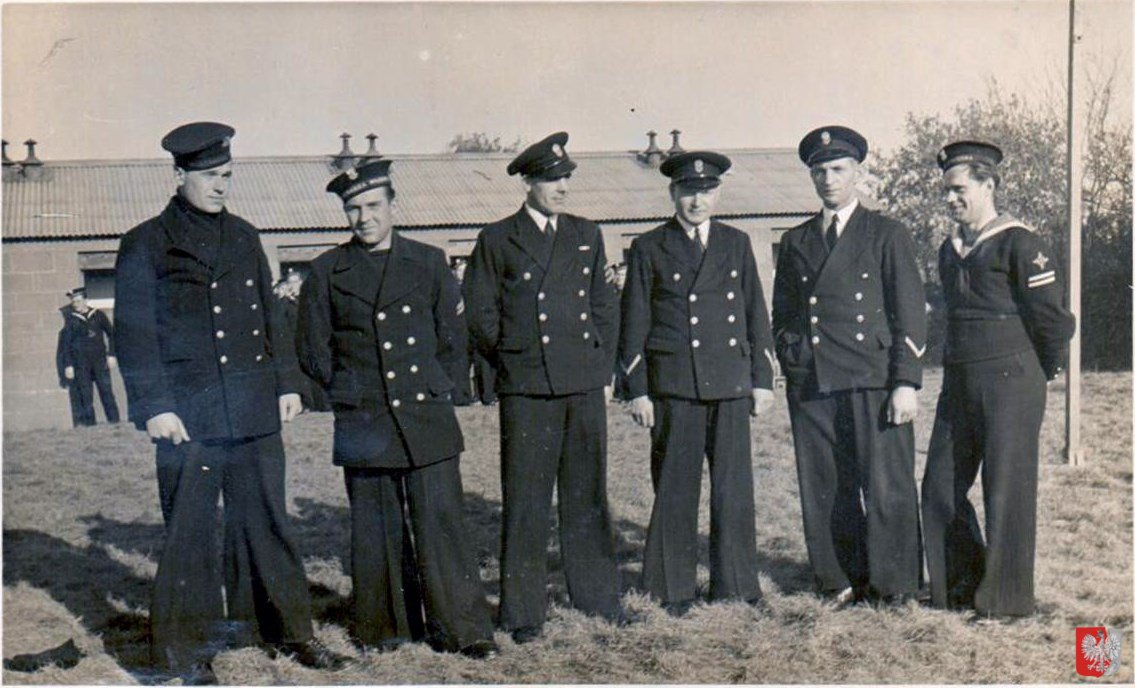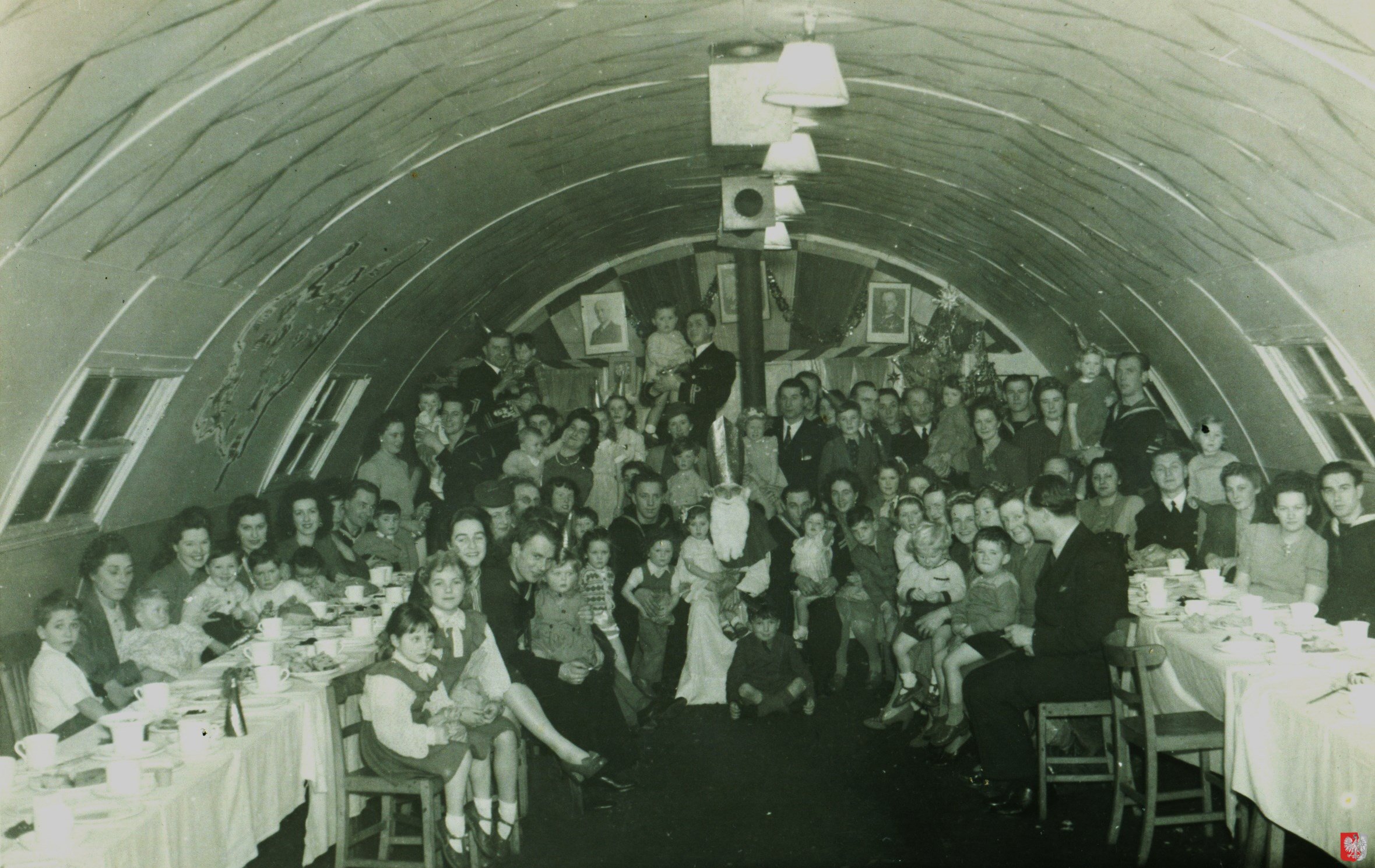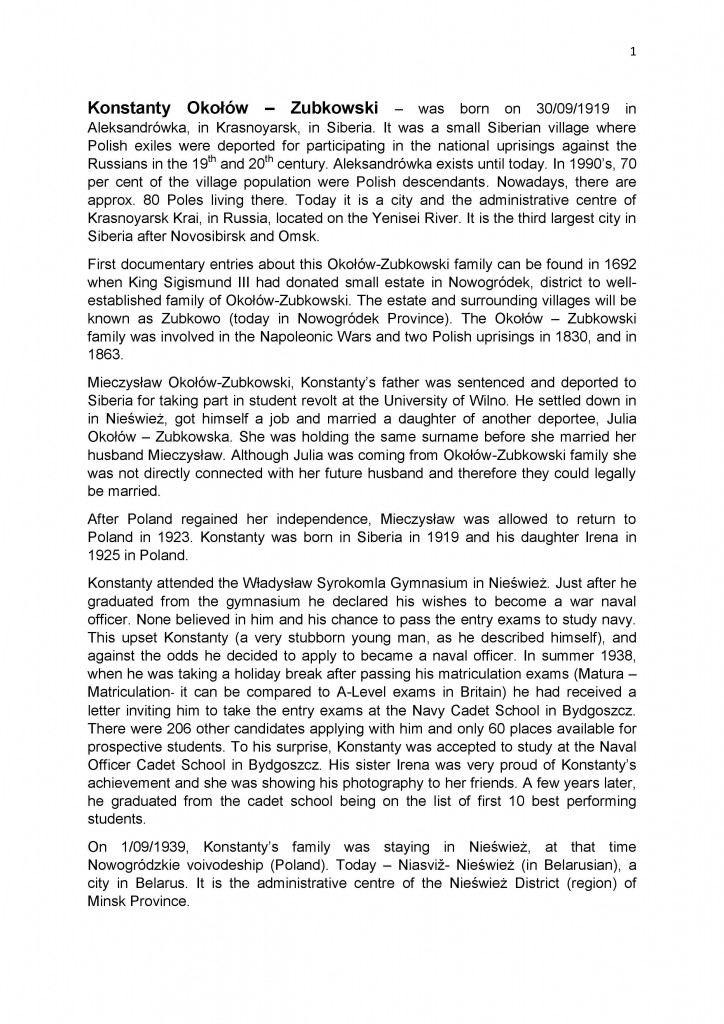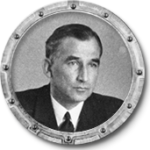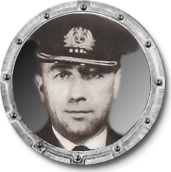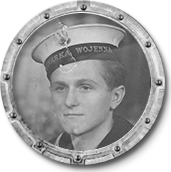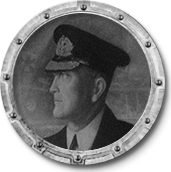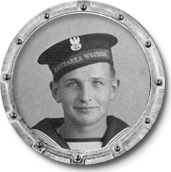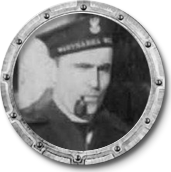
Polish Naval Memories of WWII
At the outbreak of WWII Konstanty was in the Mediterranean on the Polish Navy training vessel ORP Iskra. Arriving in G.B., he went onto serve on ORP Burza at Narvik and Dunkirik; HMS King George V during the hunt for the Bismarck and the next three years on ORP Garland in several threatres of war including the Battle of the Atlantic, Arctic convoys and the Mediterranan.
Polish Resettlement Corps and Demobolisation
After the war, Konstanty was sent to train young naval officers on how to use torpedoes and mines. He joined the Polish Resettlement Corps and was assigned to the Polish resettlement camp in Oakhampton in Devon. He took charge of employment at the camp preparing naval officers for civilian life. Then, he was transferred to ORP Bałtyk – a camp on the land, but arranged as a battleship.
Antonia Okołów – Zubkowska (nee Dębińska) was Konstanty’s wife. She was studying medicine when they met. After they met, Konstanty pointed out that he thought that he had not been good husband material. However, it was his future wife who firmly stated that it had been up to her to decide whether he could become appropriate material to be a husband. After, they got married she interrupted her medical school and took care of their children. Antonia also helped Konstanty to manage their small business, delicatessen shop in Kilburn in London.
After the war, Konstanty spent 10 years in the British merchant navy being continuously away from home. One day his daughter asked his wife ‘when will that gentleman be going?’ and he realized that he was only seen by his daughter as a visitor who from time to time would bring her toys.
Soon after this incident, Konstanty started working for a firm exporting and importing wine. He was based in the company’s branch in London and stayed in this company until his retirement.
Konstanty also became the Chairman of the Polish Naval Association. He and his wife moved out of London to live in Cambridge in 2002, where he lives today.
Tadeusz Sroka had escaped to G.B. on the eve of WWII with the Polish Navy destroyer division. He was serving on ORP Grom when she was sunk off Narvik in 1940 and was awarded the Polish Cross of Valour for heroism. At a dance in Plymouth in 1940 he met his English wife-to-be and they were married a year later. Tadeusz then served on the destroyer Orkan as petty officer/paymaster. She was sunk in October 1943 and he was one of only 44 survivors out of a crew complement of 244. After hospitalisation he served at ORP Bałtyk, the land based camp at Okehampton camp. After the war he became a barber and opened his own shop in the 1950s in Plymouth. He then expanded into residential property letting. Tadeusz was a founder member of the Plymouth Polish Naval Veterans Association and was its Chairman for 27 years. In addition he also became a member of the Plymouth-Gdynia Twinning Panel and of the Anglo-Polish Krakowia Cultural Society. He organised many commemorative events and reunions.
Tadeusz Lesisz also escaped to G.B. on 30th August 1939 on ORP Burza. During the war he served on MGB S3, ORP Błyskawica and cruiser Dragon, retiring a full Commander. His speciality was gunnery, and he served in many of the theatres of war at sea – Channel Approaches, Battle of the Atlantic, Arctic Convoys, Operation Torch and D-Day. Upon the disbanding of the Polish armed forces in the West he briefly joined the Royal Navy but was soon offered a scholarship at the Oxford School of Architecture by the Committee for the Education of Poles in the UK. He obtained an RIBA silver medal and became a fully qualified and successful architect, becoming a partner in a north of England practice and only retired at the age of 70. Among his wide ranging post war achievements was the re-design of the Polish community church in Manchester, including the stained glass windows and, in 1990, his monument to the Katyń Massacres in Manchester was unveiled in the presence of senior UK and foreign politicians and military figures. He became Chairman of the Manchester branch of the Federation of Poles in Great Britain and also represented the Polish wartime navy at many commemorative events during the post war years, especially returning to Cowes as one time gunnery officer of Błyskawica to remember that vessel’s defence of the port and town during the enemy air raid in 1942. From the mid 1960s he often returned to Poland and in later times was awarded honours by the new non-communist state, and also by the Vatican. He retired to Cheshire and was still active in Polish naval matters well into the 21st century.
Source: ‘Poles Apart: Polish Naval Memories of WWII’ by Martin Hazell
